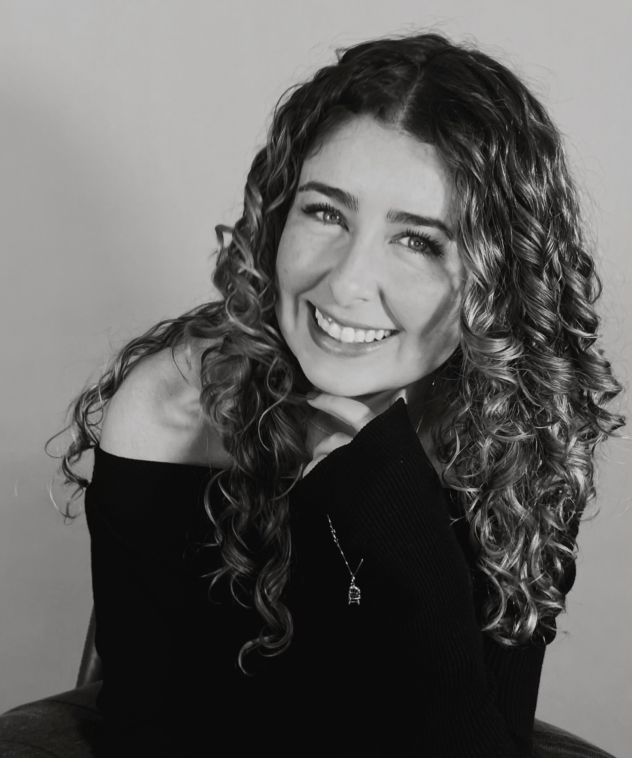
Alexi Cortez
Meet Alexi Cortez, a 2018 BHP graduate and new entrepreneur living in Austin, TX. She worked in gaming since graduation – doing gaming ads, product management, and marketing. Recently, she made the leap into the entrepreneurial world, starting Chain Reactions, an organic marketing agency focused on building online communities. Outside of work, you’ll find her frustrated on the golf course, trying to become a TikTok influencer and cooking.
Alexi initially started off her journey at UT studying pre-dental and Business Honors but quickly dropped the pre-dental and added a Marketing major. She came to find out that chemistry was not her strong suit.
She wanted to be a dentist and was given advice to take business classes in addition to her pre-dental core classes so that she would be well-equipped to run a private dental practice. During her college search, she quickly found that there were very few universities that were strong in the sciences had strong business programs, or even offered business degrees. UT offered both.
Canfield BHP was compelling to her given the strong curriculum. She knew she could graduate and be confident in my ability to run a private practice. The biggest selling point to her was the small cohort – she was intimidated going to a big school and was excited knowing that she would have her own community from day on.
Alexi’s worst subjects by far were MIS and STA, but they were also her favorite. She loved knowing what was possible with data but was struggled with the the execution.
Her second internship was with Facebook, where she was tasked with sales prospecting for the gaming team. They had her initially doing a ton of manual vetting that was taking days to complete, was not scalable, and was just BRUTAL. She remembered predictive modeling from her statistics class and was able to create a predictive model that could identify high-quality sales leads in minutes. The project was a huge success, and she was asked to return to Facebook on an established team instead of a new grad team.
After working on the gaming team at Facebook, she joined a web3 gaming start-up where she led all marketing efforts and built a strong organic community for our game. She recently left that company to start Chain Reactions.
Alexi attributes a lot of her current success to the time and effort she put in during her internship. She says “If it hadn’t been for my success during my internship, I wouldn’t have returned to the gaming team full time, which led me to the gaming start-up, which eventually led me to starting my own company.”
When Alexi talks about how she felt Canfield BHP prepared her for future work she states, “The hands-on training from Canfield BHP really paid off in the real world. It equipped me with strong skills in Excel, stats, sales, management, and communications. I noticed these were areas others often found challenging, but thanks to the business honors program, I was able to stand out and bring extra value to each team I have been part of.
Alexi leaves us with some advice to future and current Canfield BHP students, “Do it all – learn as much as you can, network as much as you can, and say yes to everything you can. If you do that, you’ll have every opportunity within arm’s reach.”

